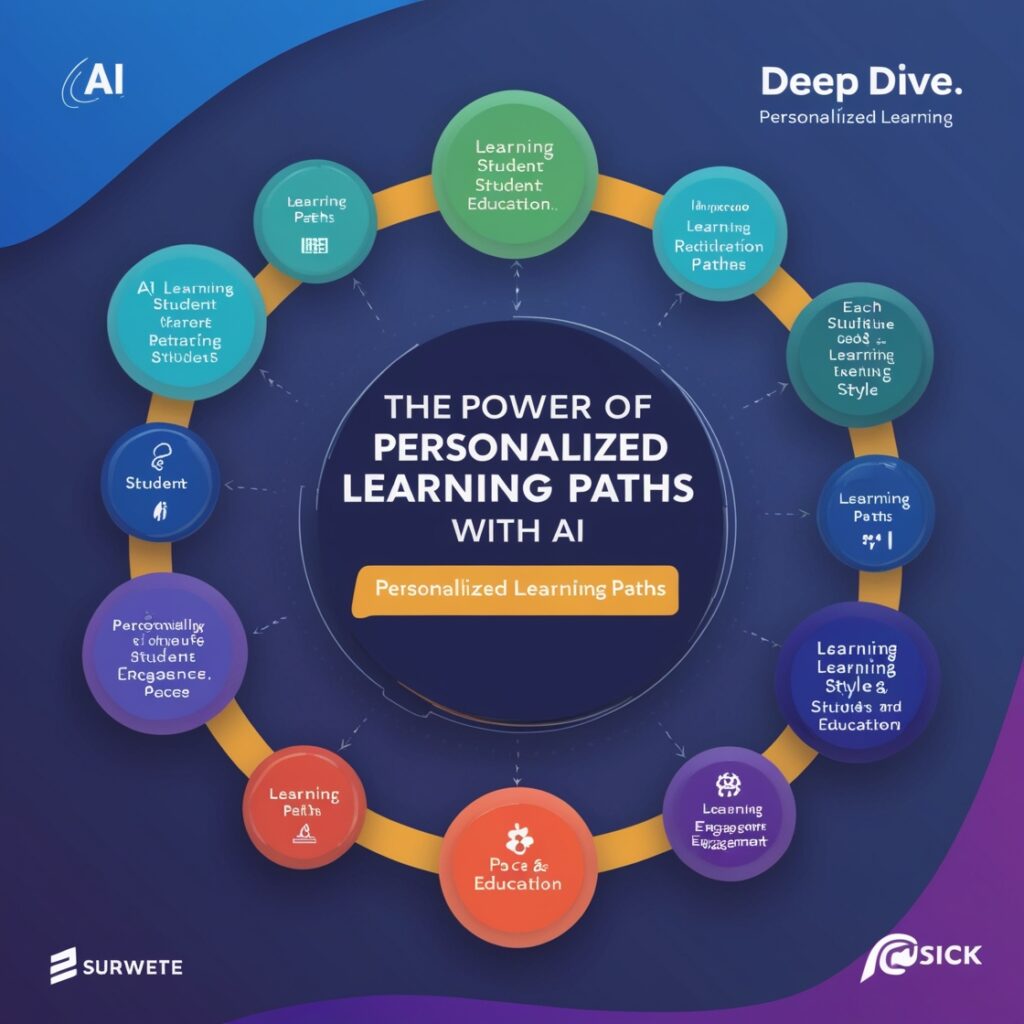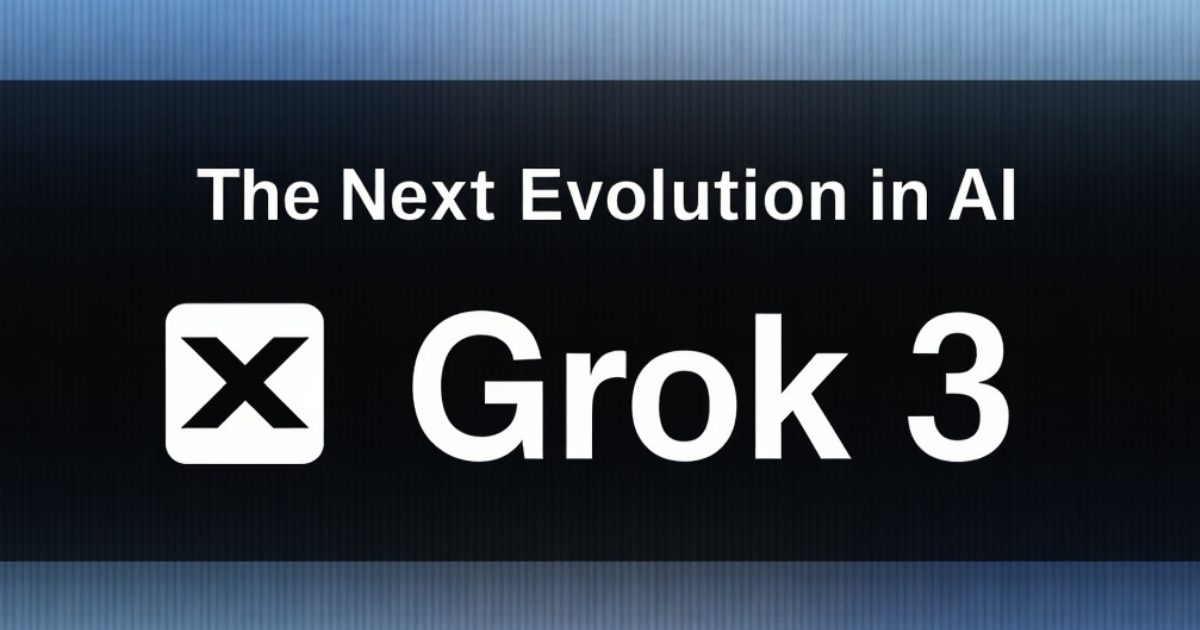Selling Your AI-Created Online Course: A Guide to Success
The world of online education is booming, and AI is revolutionizing how courses are created and delivered. If you’ve harnessed the power of AI to develop a stellar online course, the next step is to effectively market and sell it. Here’s a guide to help you turn your AI-crafted content into a profitable venture.

Understanding Your AI-Powered Course
Before diving into sales, it’s crucial to understand the unique value proposition of your AI-created course.
- Identify Your Target Audience: Who will benefit most from your course?
- Highlight AI’s Role: Clearly communicate how AI enhanced the course creation process and how it benefits students.
- Showcase Unique Features: What sets your AI-powered course apart from traditional offerings?
Building a Strong Brand Identity
A compelling brand story is essential for course sales.
- Develop a Brand Narrative: Create a narrative around your course that resonates with your target audience.
- Visual Identity: Design a visually appealing logo, color palette, and course materials.
- Consistent Messaging: Ensure your brand message is consistent across all platforms.
Leveraging AI for Marketing
AI can be your best friend in marketing your course.
- Personalized Marketing: Use AI to segment your audience and deliver tailored marketing messages.
- Content Optimization: Optimize your course content and marketing materials for search engines using AI tools.
- Social Media Management: Employ AI-powered social media tools to schedule posts, analyze engagement, and identify trends.
Pricing Your AI Course Strategically
Pricing is a delicate balance between perceived value and affordability.
- Competitive Analysis: Research competitor pricing to find a sweet spot.
- Value-Based Pricing: Consider the value your course delivers to students.
- Pricing Models: Explore different pricing models like one-time payment, subscription, or bundled packages.
Creating a Compelling Sales Page
Your sales page is your virtual storefront.
- Clear and Concise Copy: Use persuasive language to highlight course benefits.
- Strong Call to Action: Encourage immediate enrollment with compelling CTAs.
- Social Proof: Showcase testimonials and reviews to build trust.
Building an Email List
Email marketing is a powerful tool for nurturing leads and driving sales.
- Lead Magnet: Offer a freebie to entice potential students to subscribe.
- Email Sequences: Create automated email sequences to engage subscribers.
- Personalization: Use AI to personalize email content for better engagement.
Leveraging Social Media
Social media is a vital platform for reaching your target audience.
- Choose the Right Platforms: Focus on platforms where your target audience is active.
- Create Engaging Content: Share valuable content related to your course topic.
- Paid Advertising: Consider using paid social media ads to expand your reach.
Offering Exceptional Customer Support
Excellent customer support can significantly impact your course’s success.
- Clear Communication: Provide easy-to-find contact information.
- Prompt Responses: Respond to inquiries and support requests promptly.
- Additional Resources: Offer supplementary materials or FAQs.
Continuously Improve and Expand
The journey doesn’t end with the launch.
- Gather Feedback: Collect student feedback to improve your course.
- Update Content: Incorporate new information and trends.
- Expand Your Offerings: Consider creating additional courses or related products.
By following these strategies and leveraging the power of AI, you can successfully sell your AI-created online course and build a thriving educational business.
Would you like to focus on a specific aspect of selling your AI-created online course?
Deep Dive: Leveraging AI for Online Course Sales
Harnessing the Power of AI for Personalized Marketing

AI isn’t just for course creation; it’s a game-changer for marketing as well. Let’s explore how to use AI to personalize your marketing efforts and boost sales:
- Predictive Analytics: Use AI to analyze student behavior and predict their needs. This allows you to offer tailored recommendations, upsells, and cross-sells.
- Chatbots: Implement AI-powered chatbots to provide instant support, answer questions, and even guide students through the enrollment process.
- Personalized Email Campaigns: AI can help segment your email list based on demographics, interests, and purchase history, allowing you to send highly targeted and relevant emails.
- Dynamic Pricing: Experiment with AI-driven dynamic pricing to optimize revenue based on demand, competition, and customer behavior.
Building a Strong Online Community
A thriving community around your course can significantly impact sales. Here’s how AI can help:
- Community Management: AI-powered tools can help moderate discussions, identify trending topics, and provide insights into community sentiment.
- Personalized Interactions: Use AI to facilitate personalized interactions between students and instructors or mentors.
- Gamification: Incorporate AI-driven gamification elements to increase engagement and foster a sense of community.
Optimizing Your Course for Maximum Sales
AI can also help you refine your course content and delivery for better sales results:
- Content Optimization: Use AI to analyze student performance data and identify areas where the course content can be improved.
- Interactive Elements: Incorporate AI-powered interactive elements like quizzes, simulations, and personalized learning paths.
- Adaptive Learning: Implement AI-based adaptive learning systems to tailor the course experience to each student’s individual needs and pace.
Measuring and Optimizing Your Results
To ensure continuous improvement, it’s essential to track key performance indicators (KPIs) and optimize your sales strategy accordingly.
- AI-Powered Analytics: Use AI to analyze sales data, student behavior, and marketing campaign performance.
- A/B Testing: Experiment with different marketing strategies, pricing models, and course content using AI-powered A/B testing.
- Iterative Improvement: Continuously refine your course and marketing efforts based on data-driven insights.
Would you like to delve deeper into any of these areas, or perhaps explore a new topic related to selling AI-created online courses?
Deep Dive: Personalized Learning Paths with AI
The Power of Personalized Learning

Personalized learning paths are the holy grail of online education. By tailoring the learning experience to each student’s unique needs, pace, and learning style, you can dramatically improve engagement, retention, and overall student satisfaction. AI is the key to unlocking this potential.
How AI Creates Personalized Learning Paths
- Student Profiling: AI analyzes data on students’ learning styles, strengths, weaknesses, and goals to create detailed profiles.
- Content Adaptation: Based on these profiles, AI dynamically adjusts the course content, difficulty level, and pace to match each student’s needs.
- Intelligent Tutoring: AI-powered tutoring systems provide personalized guidance, feedback, and support throughout the learning journey.
- Predictive Analytics: AI predicts potential learning challenges and offers proactive interventions to keep students on track.
Implementing Personalized Learning Paths
- Data Collection: Gather comprehensive data on students, including learning styles, performance metrics, and engagement data.
- AI Integration: Choose an AI platform or tool that aligns with your course’s goals and integrates seamlessly with your learning management system (LMS).
- Content Development: Create adaptable content modules that can be easily rearranged and modified based on student needs.
- Pilot Testing: Start with a small group of students to test and refine your personalized learning paths.
- Continuous Improvement: Use student feedback and performance data to iteratively improve your personalized learning approach.
Challenges and Considerations
- Data Privacy: Handle student data with utmost care and comply with relevant privacy regulations.
- AI Bias: Be aware of potential biases in AI algorithms and take steps to mitigate them.
- Technical Expertise: Building and maintaining a personalized learning system requires technical expertise or collaboration with AI specialists.
- Student Acceptance: Some students may resist personalized learning, so effective communication and change management are crucial.
Examples of AI-Powered Personalized Learning
- Adaptive Testing: AI adjusts the difficulty of test questions based on a student’s performance.
- Intelligent Tutoring Systems: AI-powered virtual tutors provide personalized guidance and feedback.
- Personalized Learning Paths: AI creates customized learning paths based on student goals and progress.
- Gamification: AI-driven gamification elements adapt to individual student preferences and motivations.
By investing in personalized learning powered by AI, you can create a truly transformative online learning experience that sets your course apart from the competition.
Would you like to explore specific AI tools or platforms for creating personalized learning paths?


